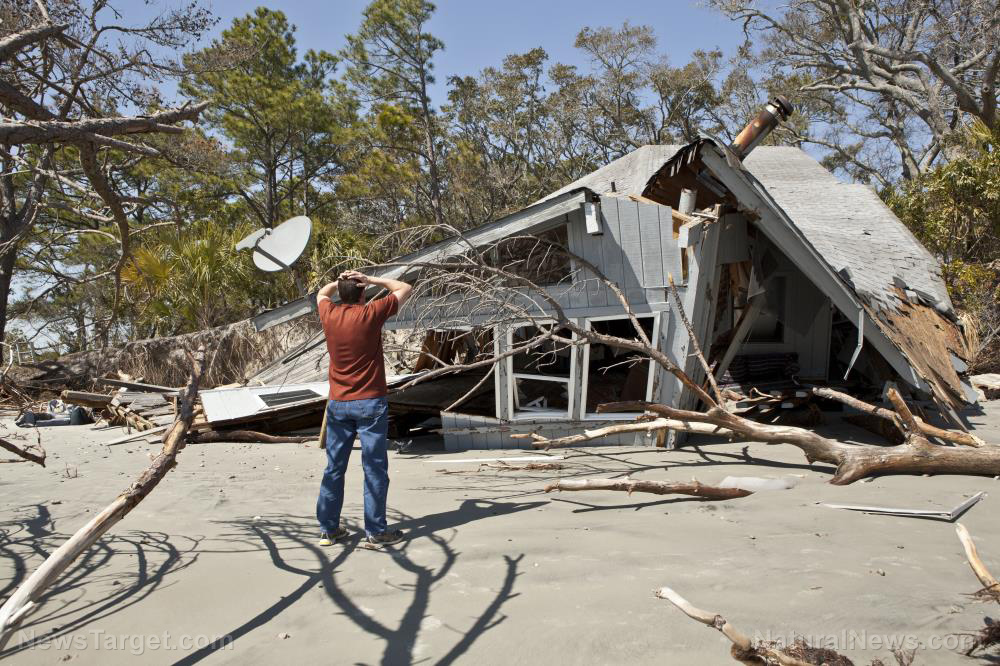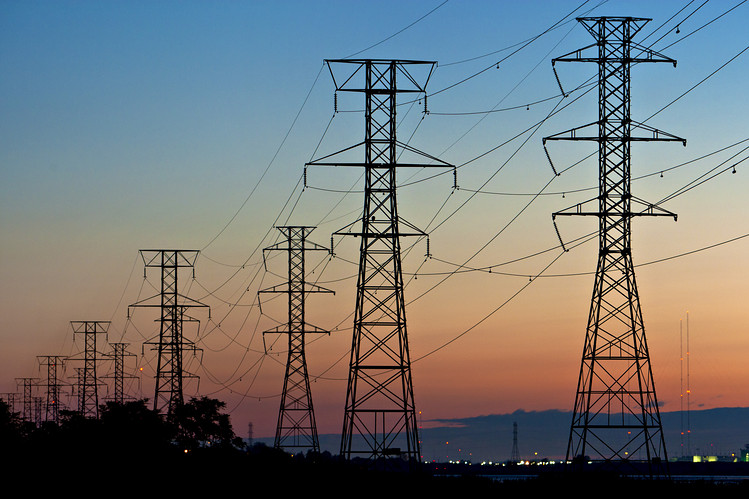
When living in an area where hurricanes, tornadoes and other severe weather conditions are a common occurrence, a highly durable storm shelter is one of the most worthwhile investments you can make. While it may seem like building a storm shelter might be pricey, there are practical ways for you to keep your costs down. Here are a few useful tips on how to build your very own storm shelter for less than 3,000 dollars. (h/t to PrimalSurvivor.net)
Before anything else, the most important thing you should know is that you shouldn’t make a DIY storm shelter if you do not know what you are doing or if you lack the proper qualifications. Building a DIY storm shelter requires experience and a thorough understanding of building principles and potential safety hazards. The purpose of this article is to keep your costs down when building a storm shelter, not learning how to build one from scratch.
Find out what kind of storm shelter best suits your needs
A storm shelter is a safe room that is specially designed to withstand dangerous high winds and flying debris. A well-designed storm shelter can protect you from Category 5 hurricanes and F5 tornadoes with violent winds that can reach up to 200mph – enough raw power to blow most houses off their foundations. You can purchase prefabricated storm shelters that are built to these standards.
The two types of prefabricated storm shelters are ground zero shelters and safe sheds, both of which are outdoor shelters. Safe sheds are heavy, protective structures that weigh up to 24,000 pounds and are installed above ground. Meanwhile, ground zero shelters are ready-made shelters meant to be used underground.
Because of their sheer weight, safe sheds can be safely placed just about anywhere without any risk of being blown away. Safe sheds are ideal all-around shelters because, unlike ground zero shelters, they have little risk of flooding during a hurricane.
The advantage of a ground zero shelter is that it can be installed within an existing basement, as long as your basement’s slab floor is heavily reinforced and meets Federal Emergency Management Agency (FEMA) requirements. This makes the ground zero shelters one of the easiest and cheapest methods of building your own storm shelter. (Related: How to make a formidable temporary shelter when SHTF.)
Availing of funding from FEMA
The great thing about building your shelter up to code is that you won’t have to shoulder the brunt of the financial burden yourself. Depending on the circumstances, FEMA can cover as much as 75 percent of the cost of building your storm shelter. This means that if you have a safe shed built for around $5,000, the actual cost will be around just $1,250, once you receive your reimbursement.
If you’re looking to avail of this reimbursement, you need to make sure it complies with FEMA building codes. For example, your storm shelter should not exceed 150 feet from your home entrance proper. If you make sure to go over all the finer details and have everything covered, you can have your very own affordable storm shelter before you know it.
Investing in a soundly designed and built storm shelter can greatly improve your chances of survival when SHTF. Learn more survival tips by visiting Survival.news.
Sources include:
FEMA.gov 2[PDF]
Please contact us for more information.





















